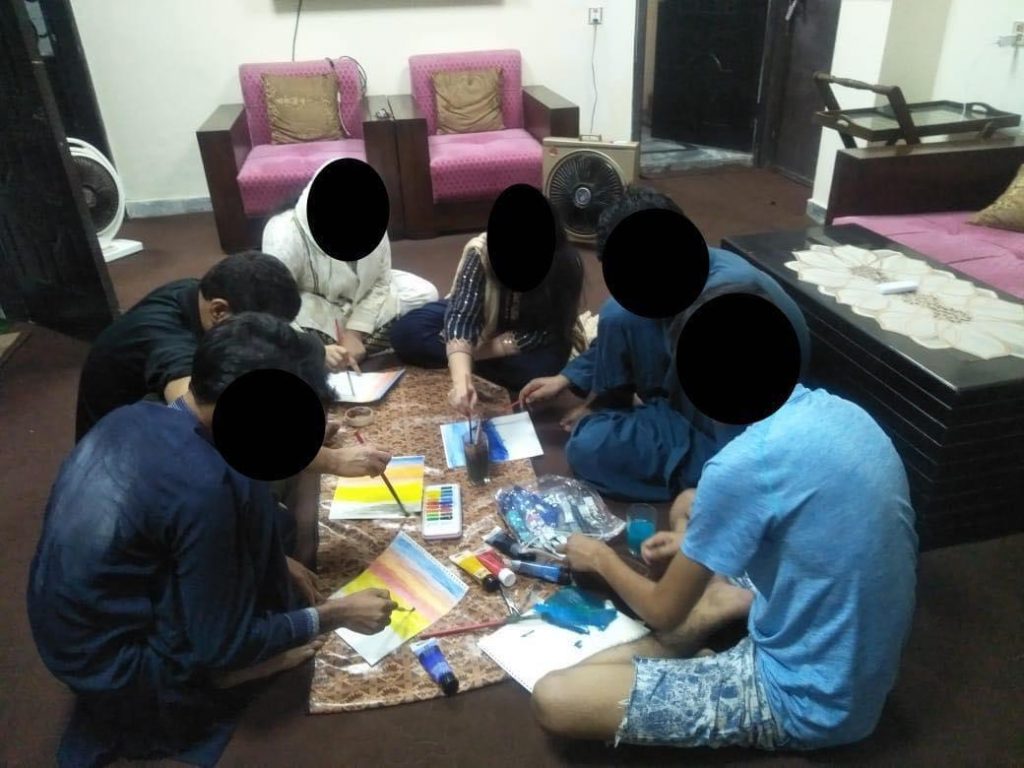Department
Children with special needs refer to those who require additional support and accommodations due to various physical, developmental, emotional, or learning differences. These needs can vary widely, and children may fall into different categories based on their specific challenges.

Here are some common types of children with special needs:
Autism is a developmental disability that affects a person’s social interaction, communication, and behavior.
Down syndrome is a genetic condition that causes intellectual disabilities and distinctive physical features.
Dyslexia is a specific learning disability that affects reading and language processing.
ADHD is a behavioral and developmental disorder characterized by difficulties with attention, hyperactivity, and impulsiveness.
These disorders involve difficulties in processing and responding to sensory information, such as touch, taste, or sound.
Children with speech and language disorders may have difficulty communicating effectively.
Some children have physical disabilities that affect their mobility, such as cerebral palsy or muscular dystrophy.
Conditions like bipolar disorder, oppositional defiant disorder, and anxiety disorders fall under this category.
Children with developmental delays may reach milestones at a slower rate than their peers in areas like speech, motor skills, or cognitive development.
Children with sensory disabilities may be deaf, blind, or have other sensory impairments.

HLPS provides complete therapeutic services for children with special needs, these are: